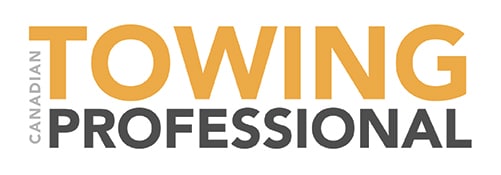SAN DIEGO–(BUSINESS WIRE)–#lifescience–Biocom, the association representing the life science industry of California, issued the following statement regarding the passage of “House amendment to the Senate-passed version of H.R. 1865”, in the House of Representatives on December 17 and the Senate today.
“Biocom commends the House and the Senate on passing critical legislation today that not only funds the federal government until the end of the fiscal year, removing the threat of a government shutdown and giving agencies more certainty to plan for the year ahead, but also includes important policies that will benefit the human condition,” said Joe Panetta, president and CEO of Biocom.
The bill funds a large portion of the federal government in Fiscal Year 2020. Under the bill, the National Institutes of Health (NIH) will receive a total budget of $41.7 billion, a $2.6 billion increase over Fiscal Year 2019. The NIH is the world’s largest biomedical research agency, expanding our understanding of health and diseases and making advances once imaginable, such as sequencing the human genome.
The bill also includes important tax provisions. It permanently repeals the 2.3 percent excise tax on the sales of medical devices, whose two-year suspension was ending at the end of the year, and retroactively extends incentives for advanced and cellulosic biofuels, including the second generation biofuel producer credit, the special allowance for second generation biofuel plant property credit, and the biodiesel and renewable diesel credit.
“We applaud Congress for permanently repealing the medical device excise tax,” continued Panetta. “Many years of short-term band-aid suspensions of that tax made it difficult for medical technology innovators to commit to the long-term investments needed to develop the breakthrough products of tomorrow. The tax was effectively a penalty on innovation, which took financial resources away from research and development and jobs, needlessly delaying patients’ access to cutting-edge technology.”
“Biocom is also highly appreciative of the additional resources allocated to the NIH, which will allow the agency to invest more in basic research and support the research of countless organizations and startups around the country. We also strongly support the biofuels incentives, which will help developers create a cleaner and more sustainable energy supply in the Unites States,” concluded Panetta.
About Biocom
Biocom is the largest, most experienced leader and advocate for California’s life science sector. We work on behalf of more than 1,200 members to drive public policy, build an enviable network of industry leaders, create access to capital, introduce cutting-edge STEM education programs, and create robust value-driven purchasing programs.
Founded in 1995 in San Diego, Biocom provides the strongest public voice to research institutions and companies that fuel the local and state-wide economy. Our goal is simple: to help our members produce novel solutions that improve the human condition. In addition to our San Diego headquarters, Biocom operates core offices in Los Angeles and the San Francisco Bay Area, satellite offices in Washington, D.C. and Tokyo, and has a continuous staff presence in Sacramento. Our broad membership benefits apply to biotechnology, pharmaceutical, medical device, genomics and diagnostics companies of all sizes, as well as to research universities and institutes, clinical research organizations, investors and service providers.
For more information on Biocom, please visit our website at www.biocom.org. Connect with us on LinkedIn, Facebook, and Twitter (@BIOCOMCA).
Contacts
Biocom Media Contact:
Carolyn Hawley
Canale Communications
Carolyn@canalecomm.com
619-849-5382























